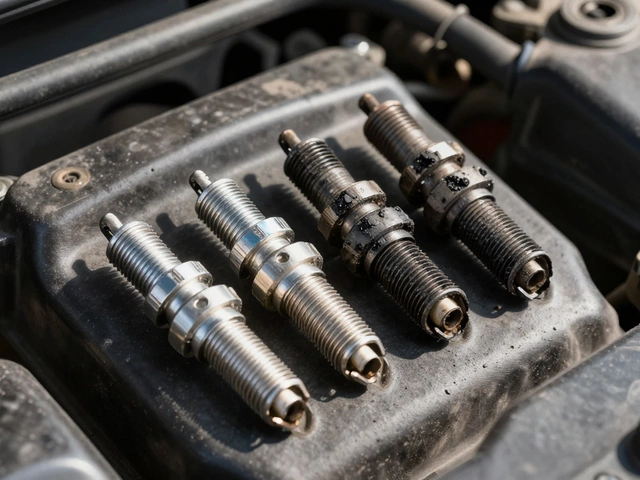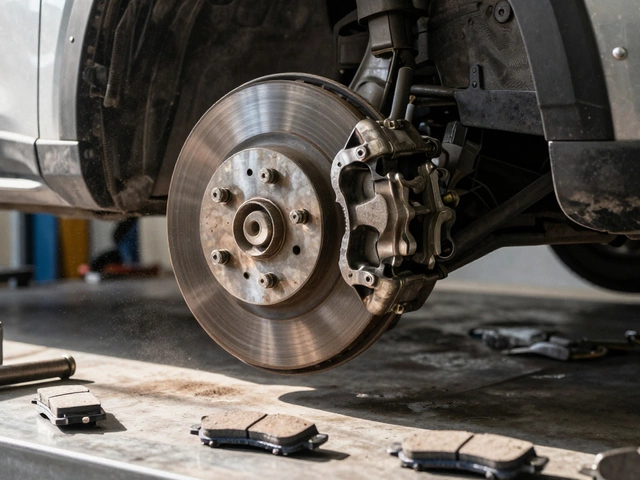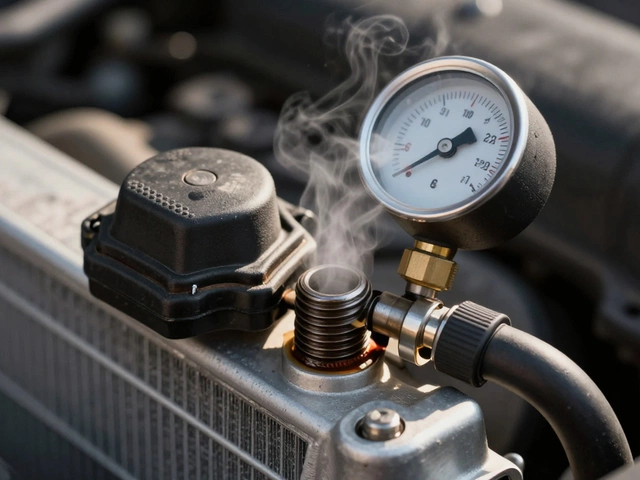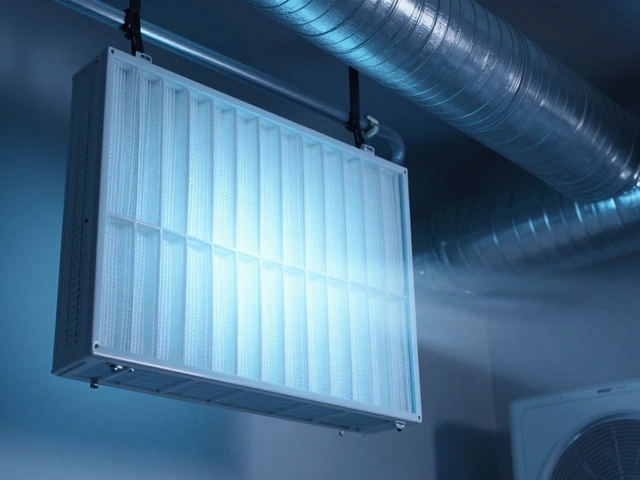Vehicle Exhaust: What It Is, How It Works, and How to Keep It Happy
Every car has an exhaust system, but most drivers don’t think about it until something goes wrong. A good exhaust does three things: it moves harmful gases out of the engine, it keeps the engine quiet enough for everyday driving, and it can add a little extra power if you tune it right. Understanding the basics helps you avoid noisy fines, costly repairs, and missed performance gains.
How a Vehicle Exhaust System Works
First, the exhaust gases leave the cylinders through the exhaust manifold. The manifold gathers the hot gases and pushes them toward the catalytic converter. The converter’s job is to turn nasty pollutants into less harmful emissions – that’s the part that lets your car pass emissions tests.
After the converter, the gases travel through the muffler. Inside the muffler are chambers and perforated tubes that cancel out sound waves, which is why most cars sound muted. Finally, the gases exit through the tailpipe. Some tailpipes are straight and loud, while others have bends that help keep the sound down.
Each component is linked. A cracked manifold can let hot gas leak into the engine bay, a clogged converter can cause loss of power, and a damaged muffler can make the car sound like a jet engine. Knowing where the parts are makes it easier to spot problems early.
Boosting Performance and Sound – What’s Legal
If you want a louder exhaust or a slight power bump, there are legal routes to consider. A cat‑back system replaces everything from the catalytic converter back to the tailpipe, giving a deeper tone without tampering with emissions equipment. Many of these kits are designed to stay under the 95 dB limit most states enforce, so you won’t get a ticket for being too loud.
Active valve exhausts let you switch between quiet and loud modes with a button or a smartphone app. When the valve is closed, the muffler works hard and the car stays low‑key. Open the valve, and the exhaust breathes easier, adding a few horsepower and a throatier sound. Because the valve stays in the exhaust flow, it’s still considered a “stock” system for most inspections.
Before you buy, check your local noise regulations. In many places, a test at the shop can prove the dB level is legal. Some shops even use a handheld decibel meter so you can see the numbers yourself. This saves you from buying a kit that sounds great but gets you a fine.
Remember, swapping the muffler alone (a muffler delete) often pushes the sound past legal limits and can cause back‑pressure issues. It’s also likely to fail a visual inspection because the car looks modified. Stick with complete systems that keep the catalytic converter in place if you want to stay on the right side of the law.
Keeping your exhaust happy is easier than you think. Check the system for rattles every few months – a loose heat shield is a common source of annoying noise. Look for rust spots, especially around the muffler and tailpipe; rust can lead to holes that let dangerous gases into the cabin. If you hear a sudden “pop” after a hard acceleration, the valve or muffler may have a crack.
Cleaning the inside isn’t required, but a quick spray of brake‑cleaner through the tailpipe can remove carbon buildup that makes the exhaust sound flat. If you notice a drop in fuel economy or a sluggish feel after a highway drive, it could be a clogged converter. A simple temperature check with an infrared gun can tell you if the converter is overheating.
When you replace any part, use the correct gaskets and torque specs. Over‑tightening can crack the manifold, while under‑tightening lets exhaust fumes escape. A good shop will replace the exhaust bolts with stainless steel ones to resist rust.
Bottom line: a well‑maintained vehicle exhaust keeps your car quiet enough for the neighborhood, compliant for the road, and ready to give you a little extra pep when you want it. Stay on top of leaks, choose legal performance parts, and you’ll enjoy a smoother ride without surprises.

Discovering the Deepest Sounding Flowmaster Exhausts for Your Vehicle
Choosing an exhaust system is not just about performance; the sound it produces is just as vital. For deep, resonant tones, Flowmaster exhausts are a popular choice among enthusiasts. In this article, we will explore which Flowmaster models offer the deepest sounds, diving into their specific design features. Whether you drive a truck or a muscle car, understanding these options can enhance your driving experience.
CONTINUE READING








